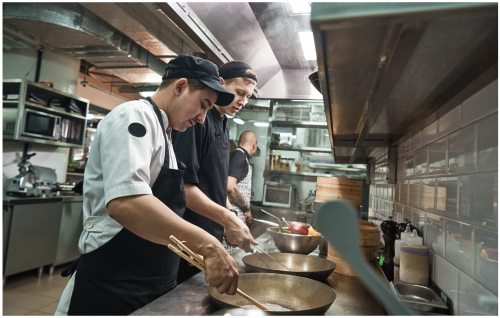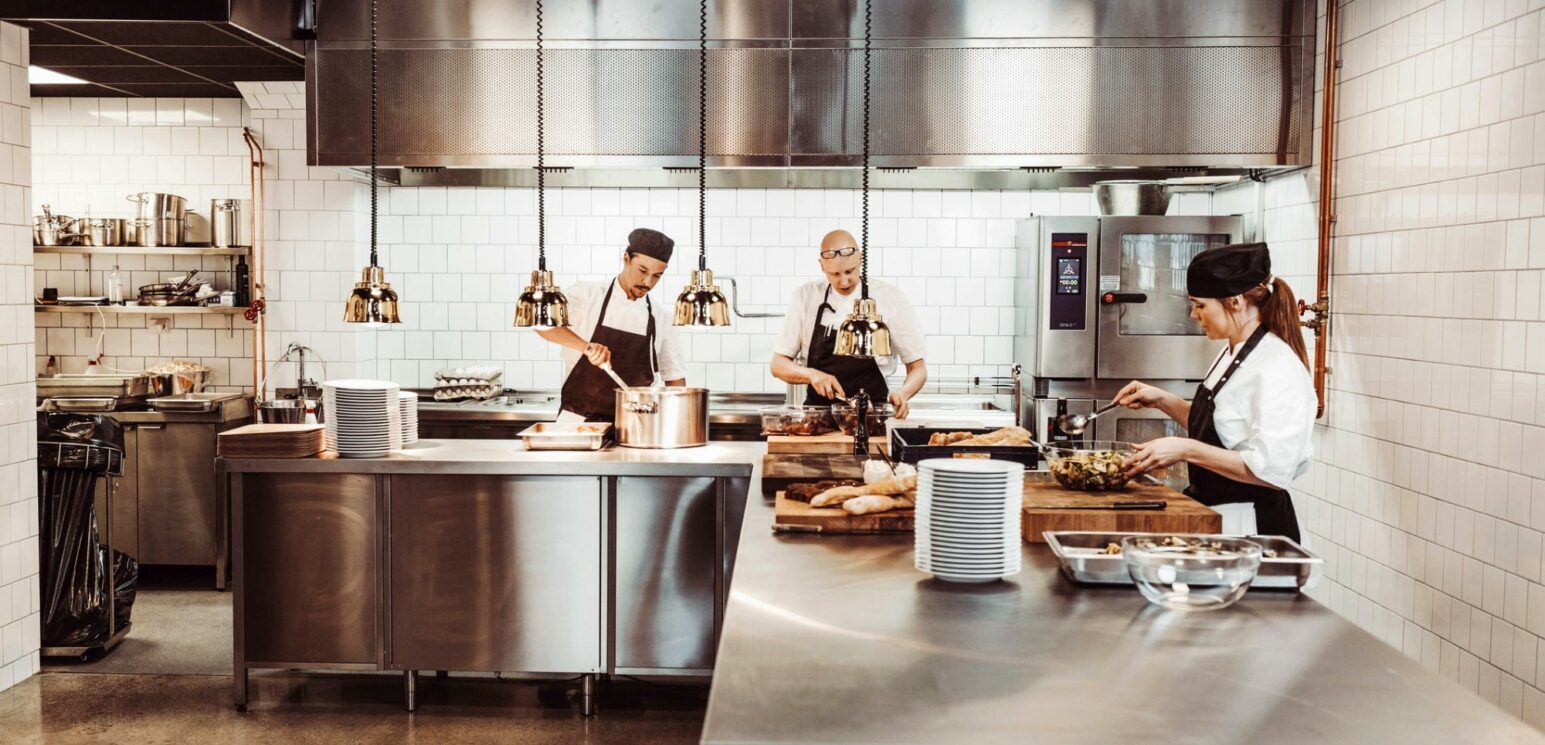Most consumers do not realize that when they are buying private-label products at their favorite stores, those items are often manufactured by companies that produce the national brands. It’s just that the manufacturer is selling off unutilized capacity. It creates a win-win for them as well as the retailer who gets their own “branded” product without paying for its own manufacturing facilities.
Then there are a few manufacturers that only produce private label products. The result is the same: a greater variety of merchandise, and retailers with their own lines.
Insert New Wrinkle Here
Today, there is a new wrinkle in manufacturing facilities, and it is the ghost kitchen. These occur when established restaurants like Hooters runs a subsidiary business in the same location. They sell much the exact same food,, but uses Door Dash and others for delivery only. Or it can be like Door Dash itself and its own commercial kitchens it rents out to small start-ups.
And then there is Kroger, the national supermarket chain, slicing up its own in-store kitchens to function much the same. It’s another vote of confidence in the sharing economy.

So Why Do It?
This is a huge boon for mom-and-pop food start-ups, because the price of a commercial kitchen can be huge. Whether you are using just a food trailer or truck, or are pondering a brick-and-mortar establishment, this way is much cheaper.
The ghost kitchen is basically the closed-door equivalent of a food hall, which typically has up to six vendors using a shared commercial kitchen and walk-in freezer. The owner of the kitchen deals with the costs as well as the inspections; all the vendors do is pay rent and show up.
The Perfect Model
This model is perfect for the pandemic and post-pandemic environment, one in which we all learned the value (and convenience) of online ordering and delivery. It minimizes F2F contact, and is the perfect complement for work-from-home.
Kroger’s foray is actually a partnership with Kitchen United, and will feature meals for takeaway as well as delivery. It’s yet another twist on the trend toward smaller restaurants having little or no footprint of their own, and only an online existence. Expect other large real estate owners to open up their own ghost kitchens in the future. Even major chains like Wendy’s are buying into the concept. This will allow it to expand its presence without actually really doing so.
Either way you cook it and deliver it, it’s all about capacity. It’s about being able to sell off your surplus, as well as acquire only what you need for a fraction of the price. Think about that the next time you order on Door Dash and just can’t quite place where you have seen Joe Bob’s BBQ before.
Because you probably haven’t. Well, except on your app.
Dr “Bring Me Some Breakfast, Please!“ Gerlich


